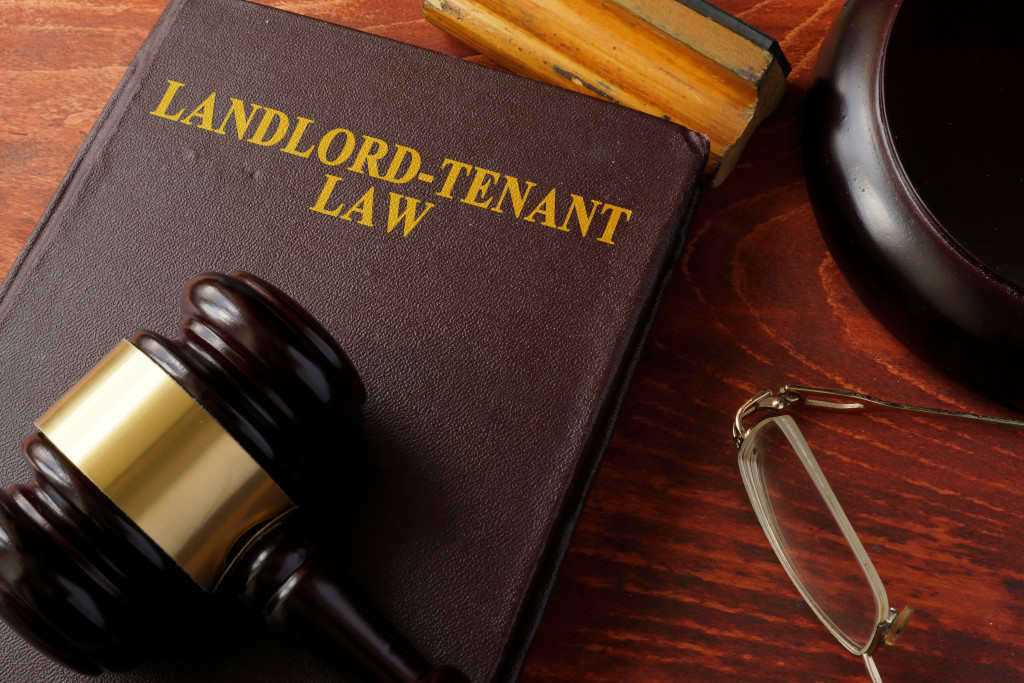Being a landlord can be a tricky business. Not only do you have to deal with the day-to-day task of maintaining your property, but you also have to navigate the complex legal landscape of being a property owner. If you’re not careful, it’s easy to find yourself on the wrong side of the law, which can be costly.
Fortunately, there are some simple things you can do to protect yourself from legal trouble. This blog post will share some best practices for avoiding legal issues as a landlord. Following these tips can minimize risk and keep your property and your business safe.
1. Get everything in writing.
Regarding your relationship with tenants, it’s essential to get everything in writing. Have each tenant sign a lease agreement that outlines their rights and responsibilities. This will help prevent misunderstandings down the road and give you a document to refer to if there are any problems. The contract should include the length of the lease, the rental amount, and any rules or regulations about the property. If you make any changes to the agreement, be sure to get it in writing and have all parties sign off on it. This is especially important if you’re making changes to the rental terms, such as increasing the rent, adding a new pet policy, or instituting a no-smoking policy.
2. Perform background checks on all potential tenants.
Before allowing anyone to move into your rental property, performing a thorough background check is essential. This will help you screen out any tenants with a history of not paying rent or causing damage to properties. You can run a background check yourself or hire a professional service to do it for you.
If you somehow end up with a bad tenant, taking quick and decisive action is vital. With a written lease in place, you’ll have the legal backing to evict a tenant if they violate the terms of their agreement. Be sure to document any incidents and keep detailed records of all communications with the tenant.

3. Keep up with maintenance and repair requests.
One of the most common legal issues landlords face is failure to maintain their rental properties properly. If you don’t keep up with repairs, it’s only a matter of time before something goes wrong—and that’s when the lawsuits start rolling in. To avoid this, ensure you keep up with all maintenance and repair requests promptly.
One of the most important repairs to check regularly is the electrical system. All wiring should be up to date and meet current code requirements. If you’re not sure how to do this, hire a professional electrician. You also need a formal EIRC document (Electrical Installation Condition Report) for each property you own. This should be renewed every five years or after any significant changes to the electrical system.
4. Follow the housing code.
The law is responsible for enforcing the city’s housing code, and they will periodically inspect rental properties to ensure they meet minimum habitability standards. If your property doesn’t pass inspection, you could be fined or even forced to shut down your operation entirely. To avoid this, ensure you stay up-to-date on all city housing code requirements and schedule periodic inspections of your own.
Ask your tenants to report any repair or maintenance issues immediately, and be sure to address them on time. If you keep up with repairs and ensure your property is always up to code, you should have no problem passing home inspections.
5. Have insurance.
Accidents can always happen no matter how well you screen your tenants or maintain your property. That’s why it’s so important to have insurance. If something goes wrong and someone is injured on your property, you could be liable if you don’t have insurance. Ensure you’re adequately covered before letting anyone move into your rental property.
Most common landlord insurance claims include water damage, fire damage, and theft. But there are many other risks to consider, so it’s essential to speak with an insurance agent to get the right coverage for you. Look for an insurance policy that covers property damage, liability, and any other risks specific to your property.
Following these best practices will help landlords avoid many common legal issues associated with rental properties. However, it’s important to remember that every situation is unique –– so if you ever find yourself in doubt or facing difficult circumstances, it’s always best to consult with an experienced lawyer who can advise you on how to proceed. With the right precautions, you can minimize your risk and protect yourself from potential legal problems down the road.

